Cornelia Janke explains how accelerated education can support young learners whose schooling has been interrupted.
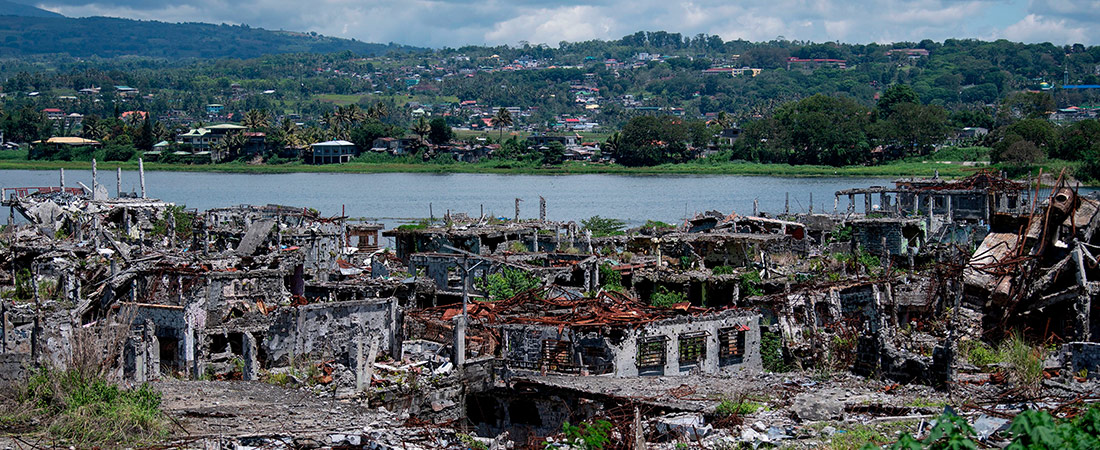
Globally, more than 75 million children and youth are affected by conflict or protracted crises, including long-term poverty, illness, social unrest, and climate vulnerability. These young people face multiple challenges to a healthy and safe future, including little or no access to a quality education, infrequent access to medical care, and uncertain livelihood opportunities. Yet supporting children and youth—and the societies in which they live—is critical to maintaining global peace and security.
EDC provides direct programming, technical assistance, and networking support to crisis-affected individuals and institutions around the world. We help communities grow stronger and more secure through programs that advance nonformal education, societal resilience, peace building, mental health, and well-being. In directly addressing the shocks and stresses brought about by conflict, crisis, and violence, we are helping children and youth build safer, more prosperous futures.
Featured
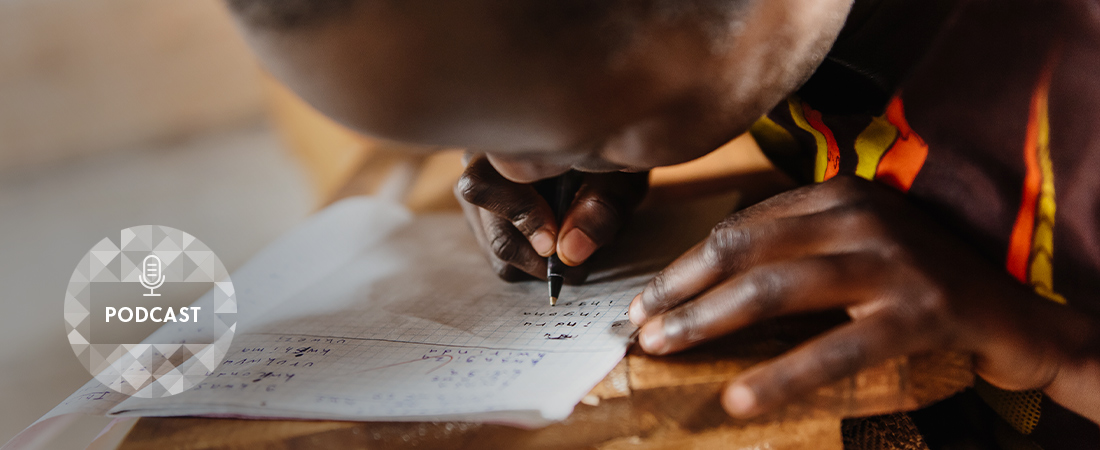
In times of crisis or conflict, some communities struggle while others pull together. It’s all about resilience.
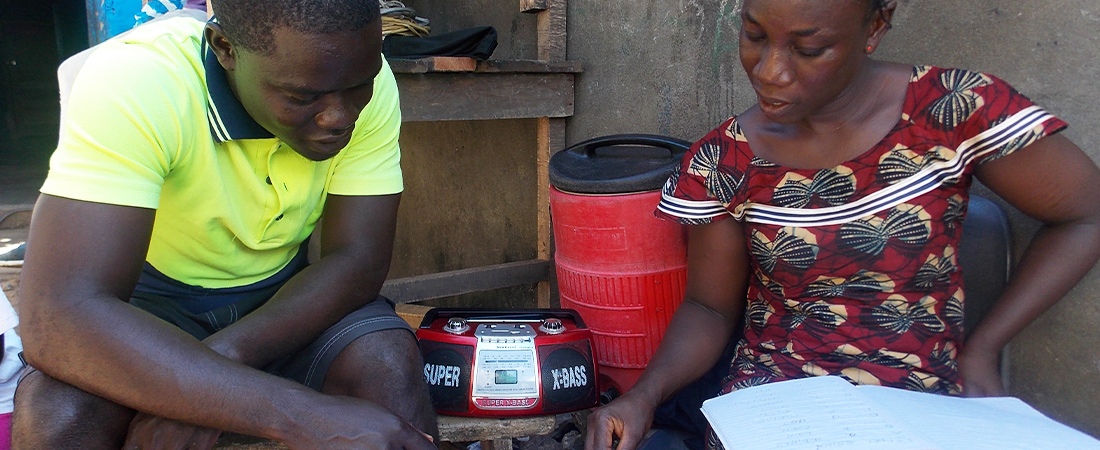
Building youth programs in unstable regions can be challenging. Here are four ideas for practitioners.
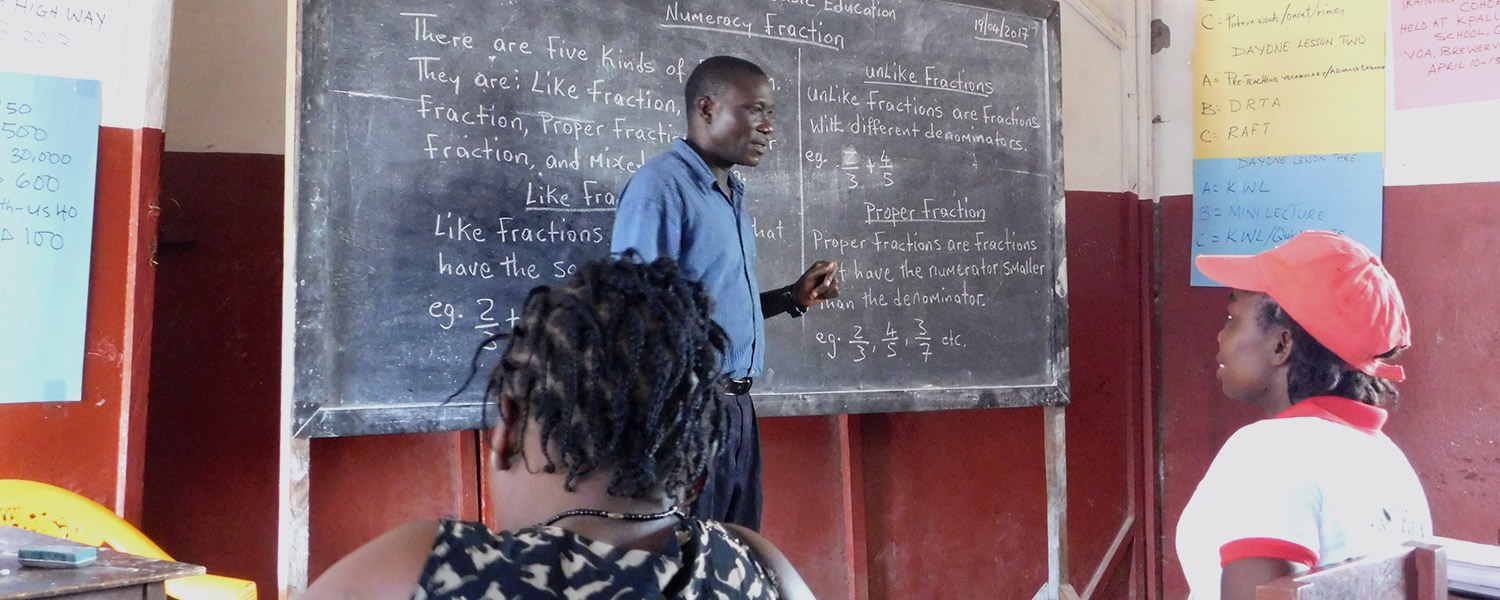
Improving opportunities for education, employment is changing the future for thousands of young adults in Liberia.
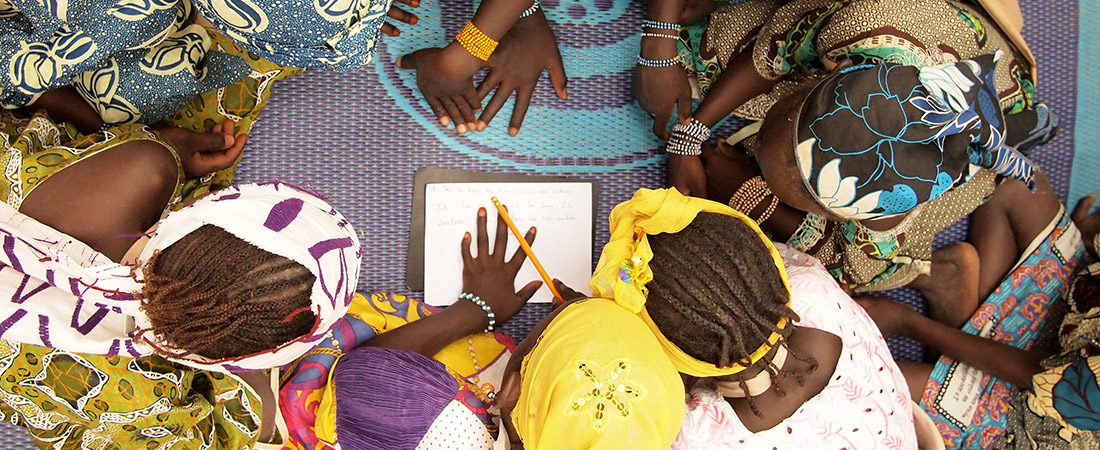
Cornelia Janke explains how accelerated education can support young learners whose schooling has been interrupted.

In times of crisis or conflict, some communities struggle while others pull together. It’s all about resilience.

Building youth programs in unstable regions can be challenging. Here are four ideas for practitioners.

Improving opportunities for education, employment is changing the future for thousands of young adults in Liberia.